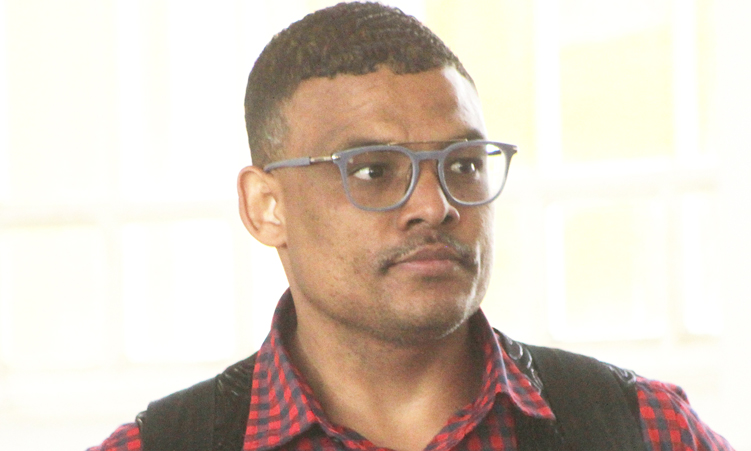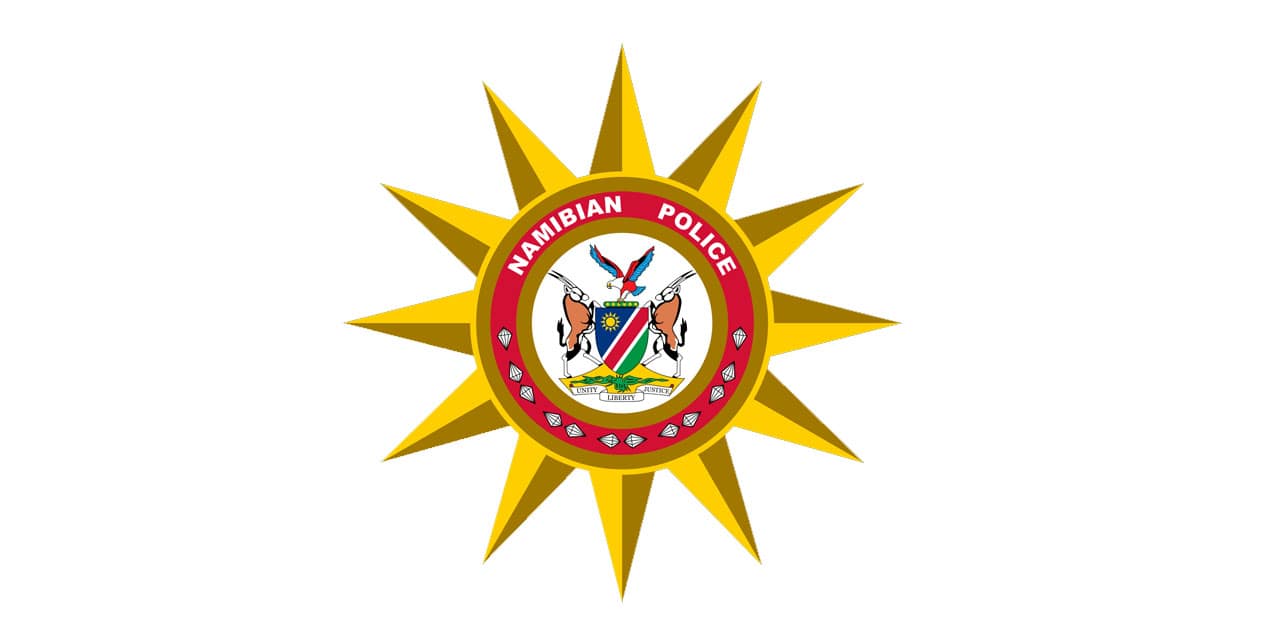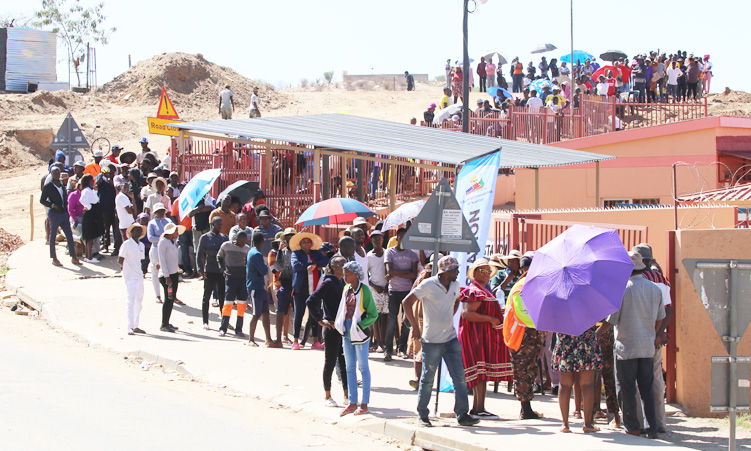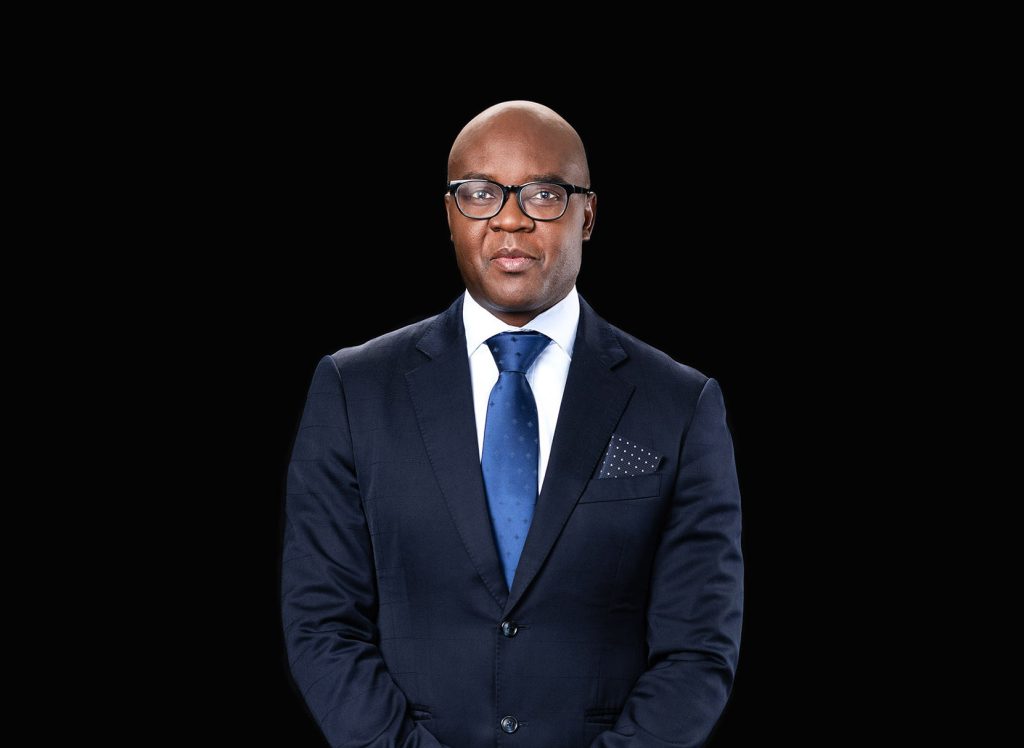A former magistrate facing rape, kidnapping and other charges in a partly heard trial in the Windhoek High Court is remaining in custody, after his third attempt to be granted bail ended in failure.
It would not be in the interest of the public and the administration of justice to release ex-magistrate Jaco Kennedy on bail, judge Marlene Tommasi concluded in a judgement delivered in the High Court on Thursday.
Tommasi remarked that she was not unmoved by the situation in which Kennedy’s wife and children find themselves due to his incarceration, but added that she had the duty to balance his interests with that of the administration of justice.
Kennedy (36) has been held in custody since the end of January 2016, when he was arrested on a charge of rape for the second time in 13 months.
His trial began before acting judge Kobus Miller in April 2021, when Kennedy denied guilt on 10 charges, consisting of five counts of rape, two charges of kidnapping, a count of attempted murder and two charges of attempting to defeat or obstruct the course of justice.
Tommasi said she was concerned about the length of time Kennedy has been held in custody after his arrest and the delay in finalising his trial, but noted that delays in his trial have been caused not by the state but by intervening applications made by Kennedy.
The state is alleging that Kennedy and a co-accused, Raymond Cloete, kidnapped a woman in Windhoek on 3 January 2015 and raped her at a scene near Katutura Intermediate Hospital.
Kennedy alone is also charged with having kidnapped and raped a second woman in the city on 31 December 2015, after he and Cloete had been released on bail on the charges they are facing in connection with the first incident.
Kennedy applied to be granted bail in 2016, after his second arrest, and also before Tommasi during 2020, when his case was already pending in the High Court, but both applications were dismissed.
During the hearing of his third bail application, defence lawyer Boris Isaacks argued that testimony heard during the trial has raised doubts about the alleged strength of the state’s case against Kennedy.
Tommasi was not swayed by this argument, and stated in her judgement on Friday: “The court’s initial finding that there is a strong prima facie case against [Kennedy] remains. This is the second offence of this nature which [he] has been charged with.”
The two complainants in the rape and kidnapping charges have not yet testified in the trial.
Miller has ordered, despite opposition from Kennedy, that the two complainants may testify while not present in the same courtroom as Kennedy and Cloete, but from another room that is connected to the courtroom by closed-circuit television.
Kennedy reacted to that ruling by filing a case in the High Court in which he is asking the court to declare two sections of the Criminal Procedure Act as unconstitutional. The two sections allow vulnerable witnesses, such as complainants in cases involving sexual offences, to testify from a different room that should be connected to a courtroom by closed-circuit television or a one-way mirror.
The constitutional challenge is still pending in the High Court.
Kennedy and Cloete are scheduled to appear in court before Miller again on 16 October.
Deputy prosecutor general Innocentia Nyoni is representing the state.
Stay informed with The Namibian – your source for credible journalism. Get in-depth reporting and opinions for
only N$85 a month. Invest in journalism, invest in democracy –
Subscribe Now!






